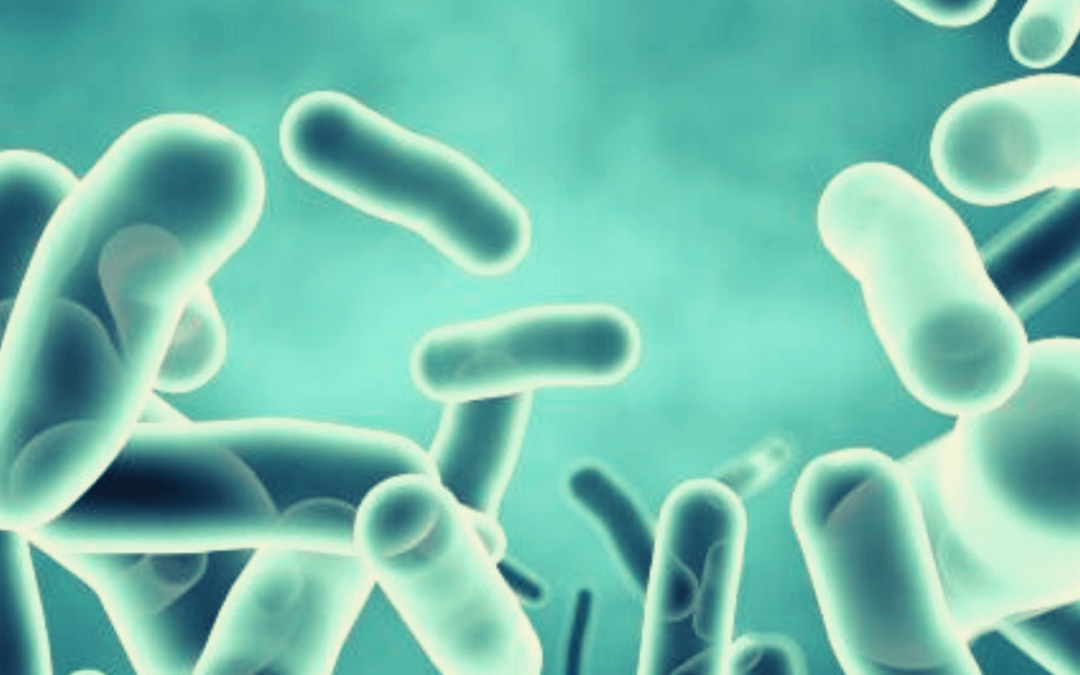The beneficial bacteria are useful participants in our gut flora. The condition of our intestinal flora greatly affects our health. Dysbiosis is when the number of beneficial bacteria in the gut decreases and harmful bacteria, fungi, or parasites multiply. In the last ten years, we have seen a dramatic increase in the incidence of intestinal dysbiosis, in which both environmental and lifestyle factors play a major role.
Changes in the microbiome
Changes to your gut microbiome also called your gut flora, may occur because the different organisms in your gut are not at the right levels.
As a result, a wide range of digestive tract-related symptoms happens, such as diarrhea, cramping, obstruction, bloating, and indigestion.
When your gut microbiome loses its diversity of bacteria, it can increase your risk of getting a chronic disease.
When your gut microbiome gets imbalanced and dysbiosis happens you are more likely to have stomach, intestinal skin, or other health conditions. Do these conditions include?
IBS, IBD
Cardiovascular problems
Obesity
Central nervous system disorders
Diabetes
Chron, Colitis
Allergic disorders
ADHD, Autism
Histamine intolerance, MCAS
There are at least 400 species of bacteria found in mainly our large intestine. They are essential for overall health as they aid in digestion, fight off pathogenic microorganisms, and synthesize vitamins.
There are three types of dysbiosis
Type 1. the number of good bacteria from your gut has been decreased
Type 2. harmful bacteria are already proliferated
Type 3. you lost your overall gut microbiome diversity. This means you lost both the good and the bad bacteria
What can cause dysbiosis
Excessive or wrong use of antibiotics,
Excessive alcohol consumption,
Increased intake of sugar or protein,
Frequent use of antacids,
Exposure to pesticides,
Chronic stress
Poor dental hygiene
How to rebalance your microbiome
First of all, you need to rule out other possible causes of your digestive symptoms such as SIBO or parasites. For proper treatment, you should test your microbiome to detect the pathogens that are colonized in your gut, and probiotics that are missing.
Personalized supplement recommendations are fundamental for success and you will need to follow a microbiome diet for at least 6 weeks.


